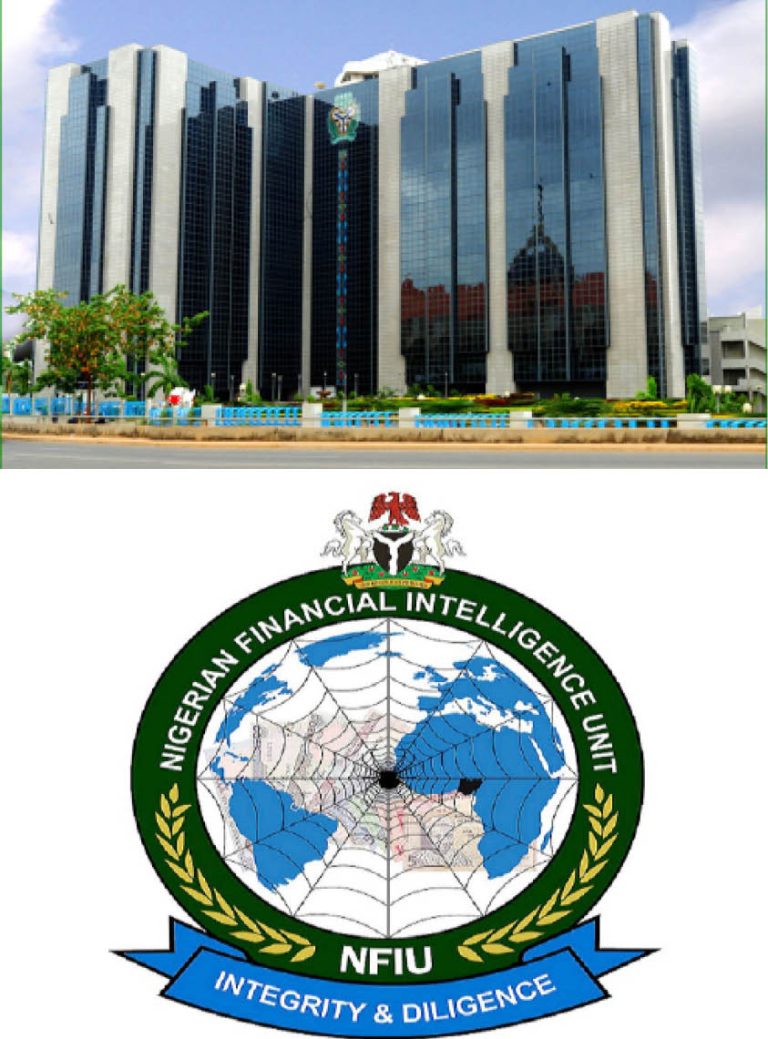Nigeria’s removal from the Financial Action Task Force (FATF) grey list has been hailed by financial experts as a major boost to investor confidence and a positive signal for international financial transactions involving the country.
The FATF, the international body responsible for setting standards and promoting measures against money laundering and terrorism financing, announced the delisting on Friday, declaring that Nigeria had substantially strengthened its Anti-Money Laundering and Countering the Financing of Terrorism (AML/CFT) framework.
Countries on the grey list are subjected to enhanced monitoring due to identified strategic deficiencies in their financial systems. Such designation often results in heightened scrutiny from global financial institutions, increased transaction costs, and reputational risk.

Reacting to the development, Professor Uche Uwaleke, a capital market expert, said Nigeria’s exit from the grey list was a “timely economic relief” with far-reaching implications.
“This is a positive signal for the international community. Being on the grey list usually triggers higher risk perception, discourages foreign investment, and complicates access to global financial markets. Nigeria’s removal confirms that significant progress has been made in strengthening regulatory compliance, improving transparency, and enhancing financial system integrity,” he explained.
According to him, when a country is grey-listed, international banks tend to restrict correspondent banking relationships, investors demand higher returns to compensate for perceived risks, and global lending institutions introduce stricter conditions. He stated that Nigeria’s new status will encourage foreign direct investments, lower borrowing costs, and improve access to international capital.

GIABA’s Earlier Projection
The Inter-Governmental Action Group against Money Laundering in West Africa (GIABA), a regional arm of FATF, had earlier hinted that Nigeria could be removed from the list following improvements in its financial regulations. The Director-General of GIABA, Edwin Harris, disclosed this during a media briefing, stating that West African nations including Nigeria had made progress in addressing identified gaps in their AML/CFT regimes.
He noted that countries are assessed based on their compliance levels and effectiveness in implementing anti-financial crime measures. Those found with significant weaknesses are placed on the grey list and are required to implement corrective actions within a given timeframe.
Understanding the AML/CFT Compliance
AML/CFT policies are designed to prevent countries from being used as safe havens for the proceeds of crime or sources of financing for terrorism. These measures include strict financial reporting requirements, customer due diligence obligations, cross-border currency declaration protocols, and stronger enforcement mechanisms.

Tim Melaye, Acting Principal Officer of Information and Advocacy at GIABA, explained that countries are evaluated on 40 technical recommendations and 11 effectiveness outcomes. Nations that fall short are placed under monitoring until corrective steps are taken.
He explained that Nigeria achieved substantial compliance under both technical and effectiveness assessments, though further improvements are still encouraged to maintain its position.
Key Reforms Implemented
One of the major reforms cited by FATF was Nigeria’s enforcement of mandatory currency declaration for travellers carrying amounts above $10,000, supported by newly established currency declaration facilities at airports. In addition, financial sector regulators intensified monitoring of suspicious transactions and strengthened beneficial ownership transparency.
Olugbenga Agboola, CEO of Flutterwave, described the delisting as “a major win for Nigeria’s financial ecosystem,” noting that it will make international payments faster, reduce operational risks for fintech companies, and improve global partnerships.

He said the decision “restores confidence in Nigeria’s financial system, reduces transaction barriers, and makes it easier for Nigerian businesses to operate globally.
In a statement released over the weekend, the Central Bank of Nigeria (CBN) said the exit from the grey list will directly benefit the economy by lowering compliance costs, enhancing cross-border financial flows, and making international trade more efficient.
Acting Director of Corporate Communications, Mrs. Hakama Sidi Ali, stated that the FATF decision aligns with recent international assessments that upgraded Nigeria’s economic outlook as a result of policy reforms, improved transparency, and stronger monetary frameworks.
CBN Governor, Olayemi Cardoso, commended the coordinated efforts of government agencies and pledged that Nigeria will continue to implement global best practices to maintain credibility.
“This development reflects the strong commitment of Nigerian authorities to reforming the financial system. Our focus now is to sustain these achievements to ensure stability, accountability, and long-term investor confidence,” he said.
Also speaking, FATF President Elisa de Anda Madrazo congratulated Nigeria for demonstrating political commitment, institutional cooperation, and measurable progress in fighting financial crimes. She confirmed that the decision was made after FATF observed real improvements in areas such as financial supervision, transparency, and inter-agency collaboration.




